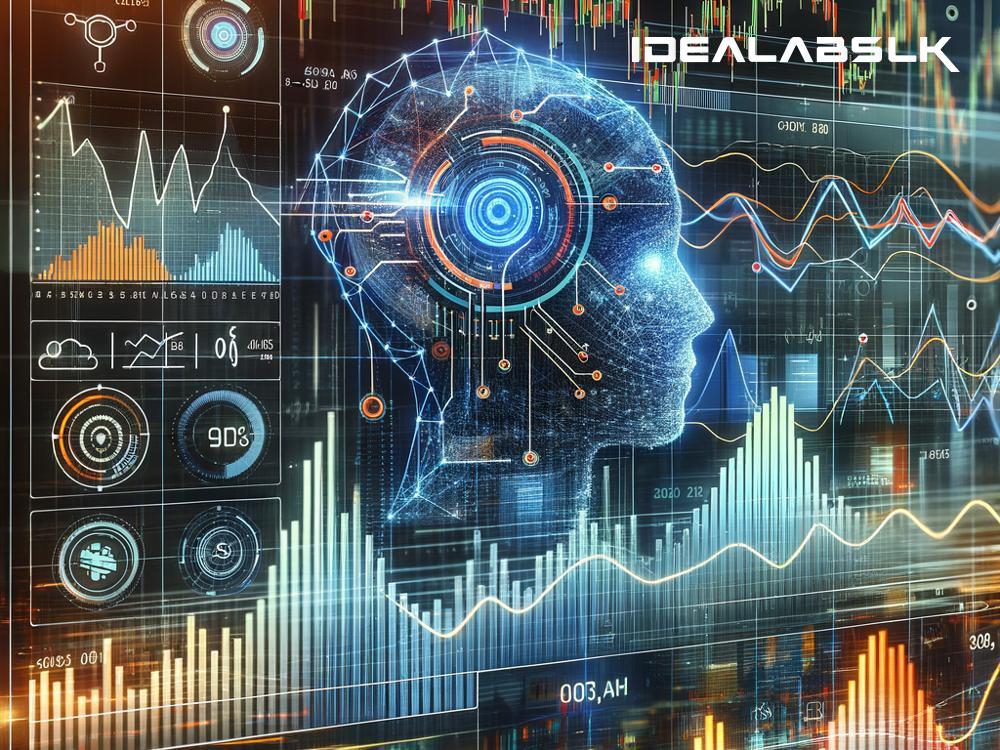Unveiling the Future of Trading: AI-Powered Predictive Models
The stock market is a dazzling yet daunting place, filled with numbers that go up and down, creating fortunes and sometimes, unfortunately, taking them away. For decades, traders and investors have sought the magic formula to predict these movements and make informed decisions. Enter the era of AI (Artificial Intelligence) and its class of predictive models, which are rapidly transforming the way we approach stock market trading.
The Basics of AI in Trading
At its core, AI involves creating computer systems that can perform tasks that usually require human intelligence. This includes learning from data, making decisions, and solving problems. When applied to stock market trading, AI aims to analyze vast amounts of data to predict future stock prices or market trends more accurately than traditional methods. This capability can potentially give traders a significant edge.
How Do AI-Powered Predictive Models Work?
AI systems, especially machine learning models, learn from historical data. They digest years of stock prices, financial reports, market conditions, and even social media sentiments, among other data points. These systems look for patterns or signals that precede a stock going up or down. Over time, by processing more data and learning from their successes and mistakes, these models get better at predictions.
The Advantage Over Humans
Humans analyze the stock market too, but there's a limit to how much information we can process at once and how quickly we can do it. AI models don't have these limits. They can analyze thousands of stocks across many markets worldwide, 24/7, in the time it takes you to sip your morning coffee. Moreover, they're immune to emotional decision-making – a significant advantage in the high-stakes trading environment.
Applications of AI Models in Trading
-
Price Prediction: The most direct application, where models forecast future prices of individual stocks or indices, helping traders buy low and sell high.
-
Trend Analysis: Understanding whether a market or stock is in an upward or downward trend can help traders make more informed decisions. AI models can identify these trends earlier than humans by analyzing more data points.
-
Risk Management: AI can also help in assessing the risk of trading strategies, suggesting diversification to minimize potential losses without significantly affecting returns.
-
Sentiment Analysis: By scouring through news articles, social media, and financial reports, AI can gauge public sentiment towards certain stocks or the market in general, aiding in predictive analysis.
Challenges and Considerations
While AI in stock market trading sounds like a guaranteed success, there are challenges. Market conditions can change rapidly due to unforeseeable events (like a global pandemic), which might not be adequately represented in the historical data the models learned from. Plus, the technology and expertise required to develop and maintain these models can be costly and complex, putting it out of reach for individual traders.
Moreover, the increased reliance on AI systems can lead to market volatility. If many traders use similar AI models, it could result in herd behavior, amplifying market movements in either direction.
Ethical and Regulatory Aspects
The rise of AI in trading also raises ethical and regulatory concerns. There's the potential for misuse, such as insider trading or market manipulation, using advanced predictive capabilities. As such, regulators are keenly interested in understanding and potentially overseeing AI applications in trading to ensure fair and orderly markets.
The Future Is Here
Despite the challenges, AI-powered predictive models are here to stay in stock market trading. Their ability to process and learn from vast amounts of data gives them an edge that can't be ignored. As technology advances and more data becomes available, these models will only become more sophisticated and potentially more accessible to individual traders.
For budding traders and seasoned investors alike, understanding and leveraging AI could become a critical component of future trading strategies. While it won't replace human intuition and experience overnight, AI is undoubtedly transforming the landscape of stock market trading, promising a future where we might better navigate the complexities of the financial world.
In conclusion, embracing AI in stock market trading doesn't mean blindly trusting machines with your money. Successful traders will likely be those who combine the computational power of AI with their own insights and experiences, threading carefully through this new era of finance. Welcome to the future of trading, where AI is your new companion on the journey through the ever-volatile stock market.

